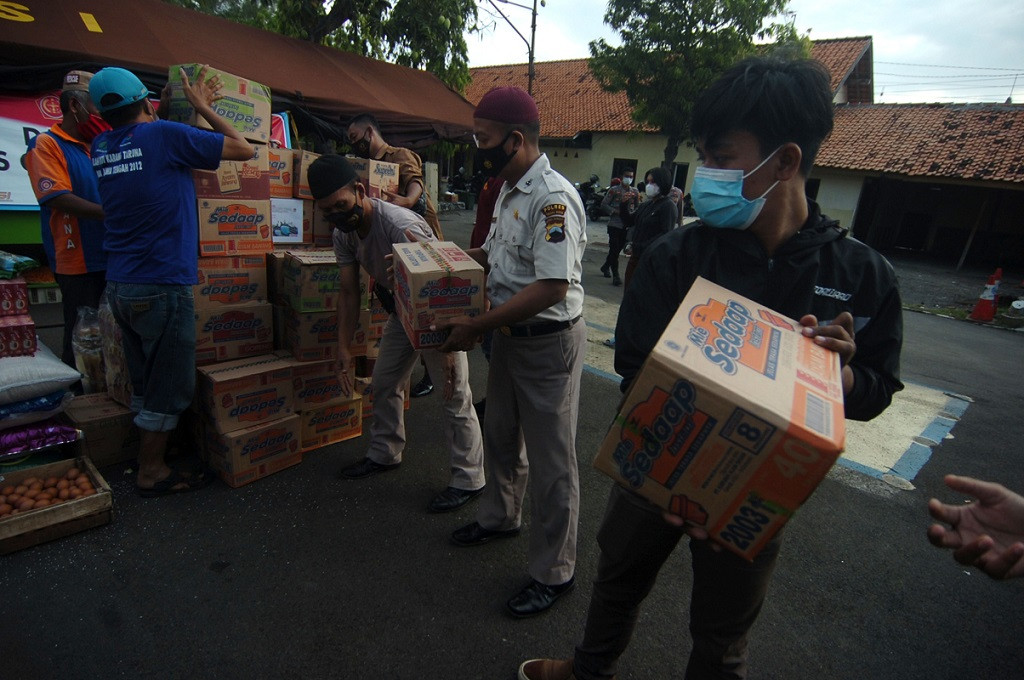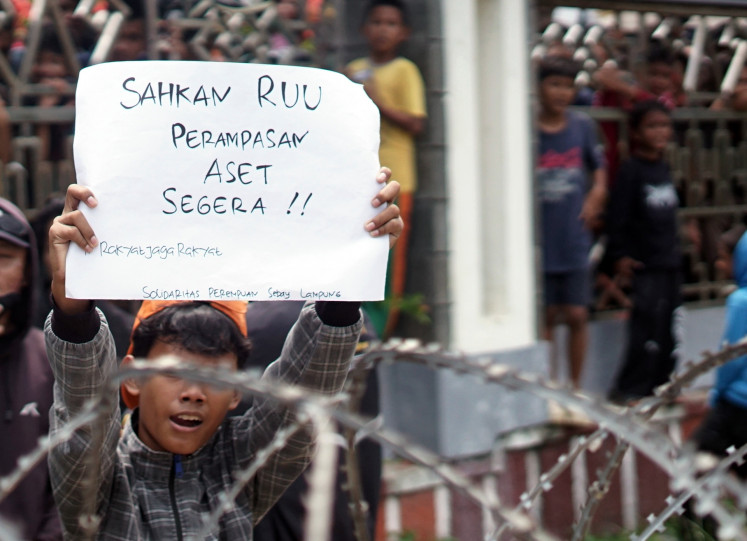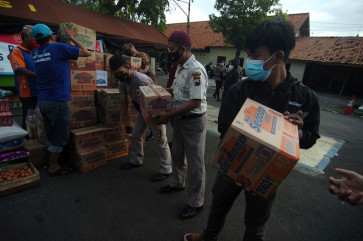Popular Reads
Top Results
Can't find what you're looking for?
View all search resultsPopular Reads
Top Results
Can't find what you're looking for?
View all search resultsVulnerable families still lagging behind in economic recovery, survey finds
Vulnerable families, including households with children, disabled members or those that are led by women, face tougher challenges in bouncing back nearly two years after the pandemic, a survey has found, as the country now seeks to recover from the health crisis.
Change text size
Gift Premium Articles
to Anyone
A
recent survey has sounded alarms about inequality on the country’s road to recovery, as vulnerable families, including households with disabled members or those that are led by women, are facing tougher challenges to bounce back from the pandemic compared with more well-off families.
The survey interviewed close to 11,000 households of different economic conditions nationwide in February and March of this year, when the country was still reeling from an Omicron-fueled third wave of infections. The respondents in the survey made up nearly 90 percent of households that were polled in November 2020, during the first year of the pandemic.
The study that was published last week, along with the findings in November 2020, was a collaborative work between UNICEF, the United Nations Development Program (UNDP), Australia-Indonesia Partnership for Economic Development (Prospera) and Jakarta-based SMERU Research Institute.
They concluded that the nation was mired in a so-called K-shaped recovery in which “the wealthiest households were emerging from pandemic-induced economic setbacks while the rest were stagnating or even deteriorating.” The phenomenon suggests that there is a trend toward a widening wealth gap.
The survey found that one in three families depended for their income on a small business they ran and six in 10 family-owned businesses were now operating as usual. There were also fewer people who reported heightened anxiety and mental depression, down from 25.4 percent in 2020 to 17.6 percent this year.
Households in the top income quintile in the survey said they had recovered around 20 percent of their income after a 29 percent income drop due to the pandemic. But the bottom quintile of households had only recovered 15 percent of their income from a 37 percent drop. The survey did not detail income between different groups.
The survey noted how households struggling to recover were usually those with disabled members, families that were led by women and families that were led by a man or woman whose educational background was not higher than middle school.



















